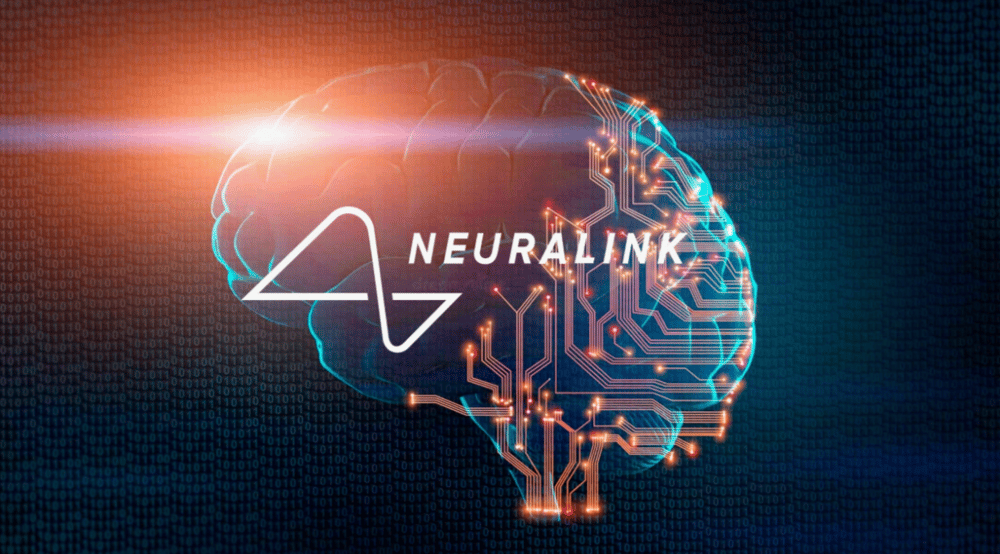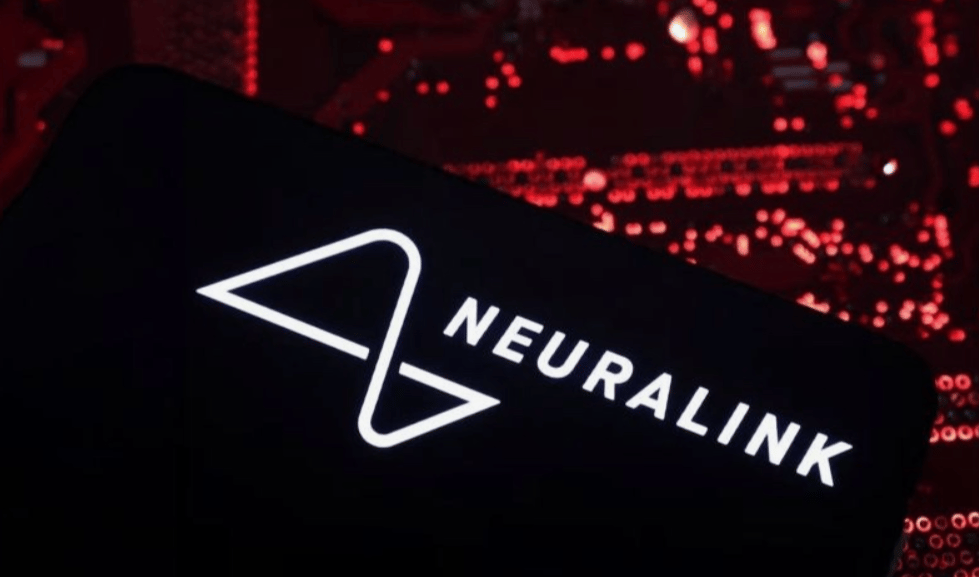Neuralink's Breakthrough Device Gains FDA Recognition, Signals New Era for Neurotech
Neuralink, the neurotechnology company founded by Elon Musk, announced on Thursday that it has received “breakthrough device” designation from the U.S. Food and Drug Administration (FDA) for its brain-computer interface (BCI) designed to restore communication abilities in patients with severe neurological impairments. The recognition marks a significant regulatory achievement that could expedite development and review processes for the device.
The FDA’s Breakthrough Devices Program is reserved for technologies that offer the potential to provide more effective treatment or diagnosis of life-threatening or irreversibly debilitating conditions. This status does not equate to market approval but enables closer regulatory guidance and priority in review cycles.
Who Could Benefit from This Technology?
Neuralink’s device is being positioned to support individuals suffering from a wide range of serious conditions affecting speech and motor function. The company stated that the technology could benefit patients diagnosed with:
Amyotrophic lateral sclerosis (ALS)
Stroke-related communication disorders
Spinal cord injuries
Cerebral palsy
Multiple sclerosis
Other neurodegenerative or traumatic disorders
By decoding brain signals and translating them into actionable digital outputs, Neuralink’s system may allow non-verbal individuals to communicate through text or other interfaces.

Key Developments Shaping Neuralink’s Path
Breakthrough Status Achievement: The FDA’s designation may accelerate clinical trials and future approvals.
Public Disclosure via X (formerly Twitter): Neuralink opted to release the news through Musk’s favored communication platform, underscoring its media strategy.
Technological Promise: The device aims to restore lost communication, a vital step for patient autonomy and quality of life.
Widening Therapeutic Focus: Neuralink is expanding its scope beyond mobility restoration, entering the cognitive and speech rehabilitation arena.
Competitive Landscape: While Neuralink is the most high-profile player in the space, other companies like Synchron are also racing toward similar goals, intensifying innovation pressure.
The Broader Implications for the Brain-Tech Industry
Regulatory Encouragement: The FDA’s support signals greater institutional openness to emerging BCI technologies.
Clinical Trial Readiness: Breakthrough status may shorten the path from lab innovation to real-world application.
Market Differentiation: Neuralink's FDA-backed progress sets it apart in a growing field of neurotech startups and researchers.
Public Perception: Continued transparency and successful trials could help counter skepticism surrounding invasive neural implants.
Investor Attention: Although Neuralink remains private, its milestones are likely to influence the valuation of adjacent public neurotechnology firms.
As Neuralink advances toward human applications, this FDA designation enhances both credibility and momentum, while offering a preview of the regulatory landscape that may soon define the neurotech industry.















Comments